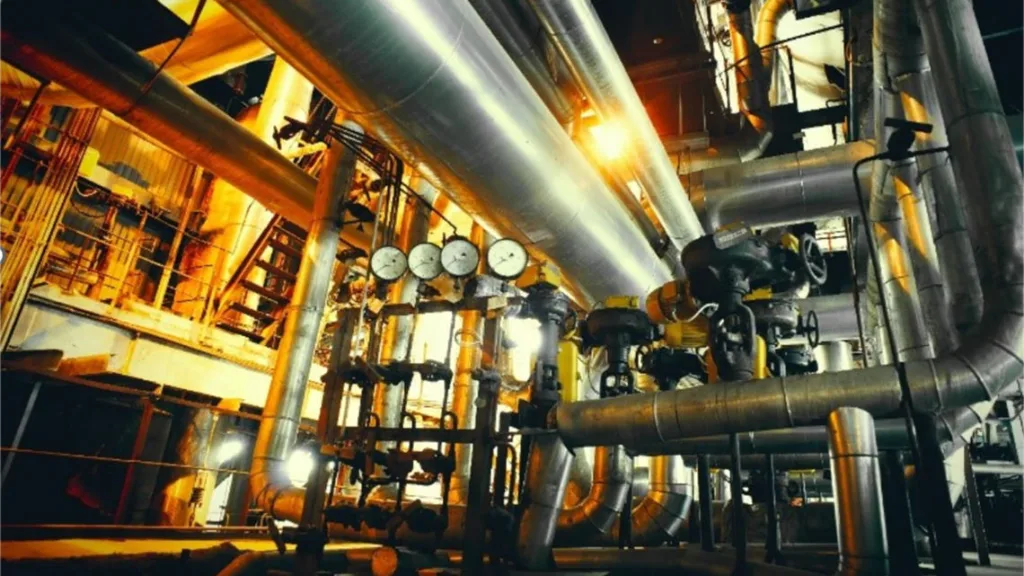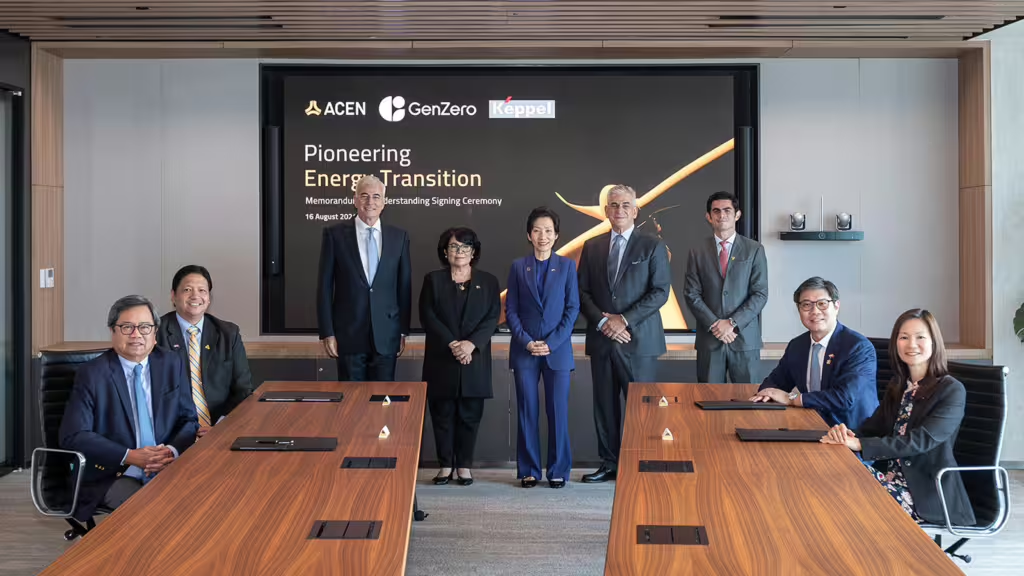Energy
Introduction
Energy powers the economy and enables people to live the lives they aspire to. A sustainable energy system for all must provide reliable and affordable energy with the lowest possible carbon emissions, reaching net-zero emissions by 2050.
The speed at which we will decarbonize the energy system will critically influence our ability to limit the rise in global temperatures to 1.5°C. Projects in the Energy Pathway bring together forward-thinking companies across value chains to design a net-zero carbon, nature-positive and equitable energy transformation as well as scale the financing and deployment of sustainable energy solutions.
Our
Highlights
Related
Actions
News
& Insights

Carbon Dioxide Removal and the Journey to Net Zero – A Call to Action for Business
6 November, 2024

Quantifying Climate-related Financial Impacts in the Oil and Gas Sector
29 February, 2024

Accelerating to net-zero emissions: How integrated solutions can unlock corporate decarbonization
29 November, 2023










